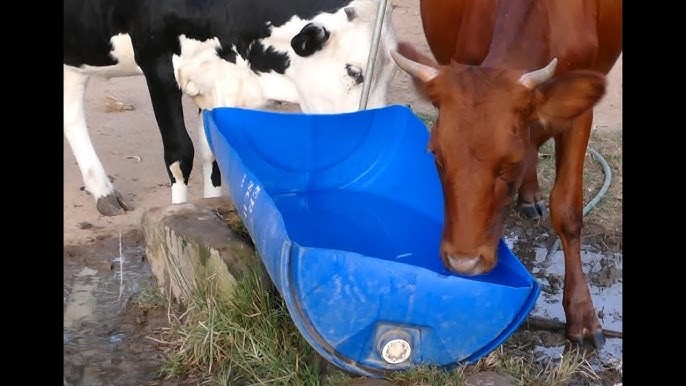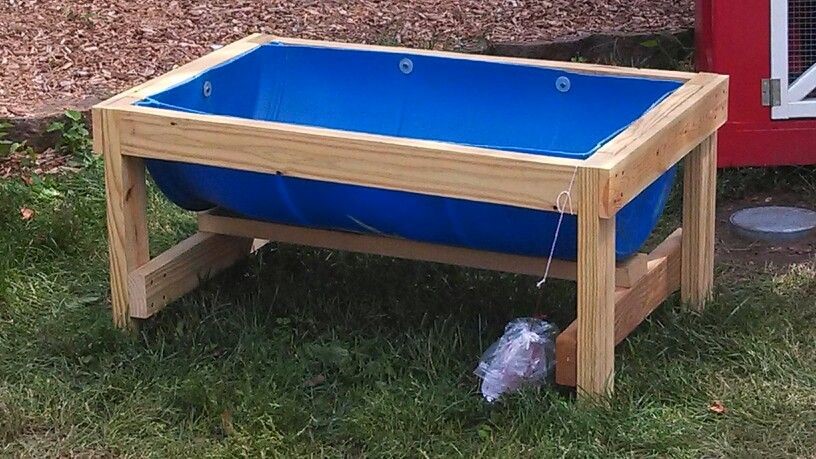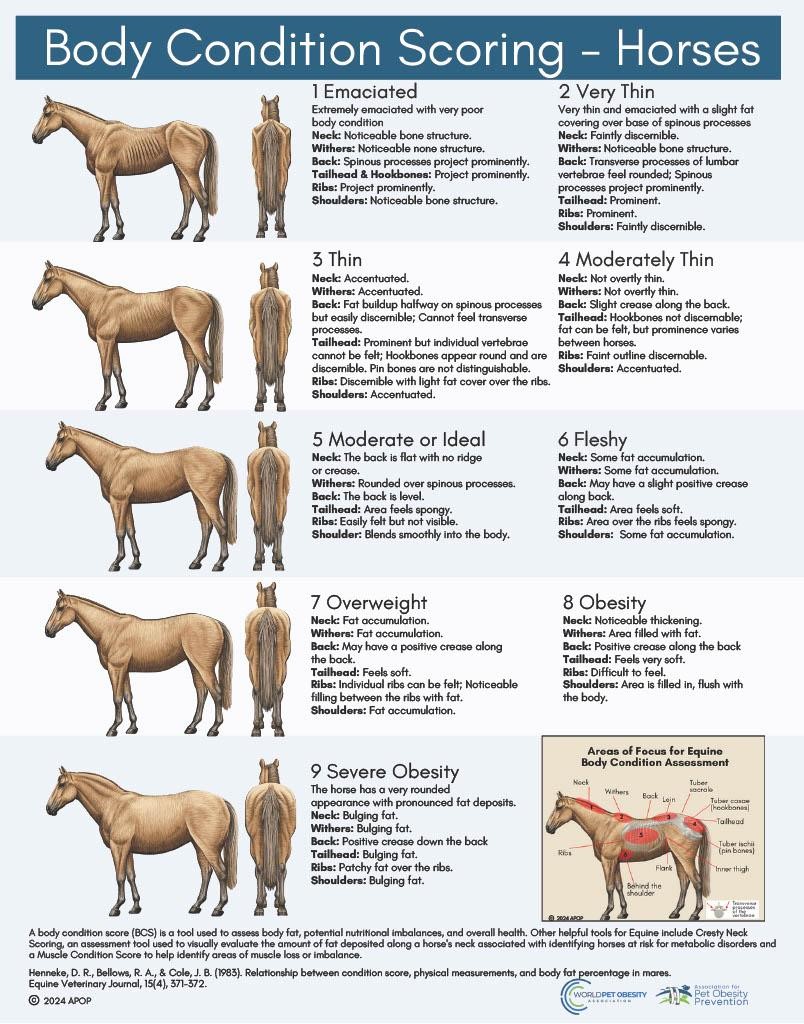In Fiji’s tropical climate, ensuring adequate hydration for livestock is crucial for their health and well-being. Horses and cattle are particularly vulnerable to dehydration, especially during the hotter months when water loss through sweating and respiration increases significantly.
The Consequences of Inadequate Hydration
When horses and cattle do not receive enough water, they can quickly become dehydrated, leading to severe health issues and even shortened life expectancies. Chronic dehydration can accelerate organ failure, weaken the cardiovascular system, and increase susceptibility to diseases. In horses, inadequate hydration can cause colic, impaction, muscle cramps, and kidney damage. Cattle may experience decreased milk production, weight loss, and compromised immune function, making them more prone to life-threatening infections and metabolic disorders.
How Much Water Do Horses and Cattle Need?
- Horses: On average, a horse requires 20-30 liters of water per day, but this can increase to 45-60 liters in hot weather or during intense activity. Horses should have constant access to clean water, as they are prone to colic and other digestive issues if they become dehydrated.
- Cattle: Cows need approximately 30-60 liters of water per day, depending on factors such as weight, lactation status, and environmental temperature. Lactating cows may require even more, up to 90 liters per day. Access to water should be provided at least twice daily but ideally should be continuous to prevent dehydration.

Why Hydration Matters
Water is essential for regulating body temperature, maintaining blood volume, and supporting digestion. Dehydrated animals can suffer from reduced feed intake, digestive issues, and in severe cases, life-threatening conditions such as colic in horses or heat stress in cattle.
Signs of Dehydration
Look out for signs such as dry gums, sunken eyes, lethargy, and a loss of skin elasticity. In horses, dehydration can also lead to colic, impaction, and muscle cramping. For cattle, dehydration may result in decreased milk production and weakened immune systems.
Preventing Dehydration
- Provide Clean, Fresh Water: Ensure that water is always accessible and regularly replenished. Clean troughs and buckets to prevent contamination.
- Monitor Water Intake: Pay attention to how much water your animals are drinking, especially during hotter days.
- Offer Electrolytes: In times of extreme heat or exertion, consider providing electrolyte supplements to help maintain essential mineral balances.
- Shade and Shelter: Protect livestock from the sun to reduce excessive water loss through sweating.

Community Support
Animals Fiji is here to support livestock owners across Fiji with educational resources and services to keep animals healthy and hydrated. With clinics in Savusavu, Labasa, Nadi, and Lautoka, as well as outreach clinics in other areas, we are here to help. For more information, to report a case of animal neglect, or to support our work, contact our clinics:
- Savusavu Clinic: (+679) 998 6253
- Labasa Clinic: (+679) 998-6250
- Lautoka Clinic: (+679) 998-2026
- Nadi Clinic: (+679) 993 6647
Visit www.animalsfiji.org to learn more. Together, we can ensure that Fiji’s horses and cattle stay healthy and hydrated throughout the year.
Quick Hydration Facts
- Horses need 20-30 liters of water per day, up to 60 liters in hot weather.
- Cows require 30-60 liters daily, increasing to 90 liters for lactating cows.
Warning Signs of Dehydration:
- Dry gums
- Sunken eyes
- Lethargy
- Loss of skin elasticity
Hydration Checklist for Livestock:
- Fresh water available 24/7
- Clean troughs and buckets daily
- Provide shade and shelter
- Monitor water intake
Did You Know?
- Chronic dehydration can shorten the lifespan of horses and cattle.
- Dehydration can lead to colic in horses and reduced milk production in cattle.
